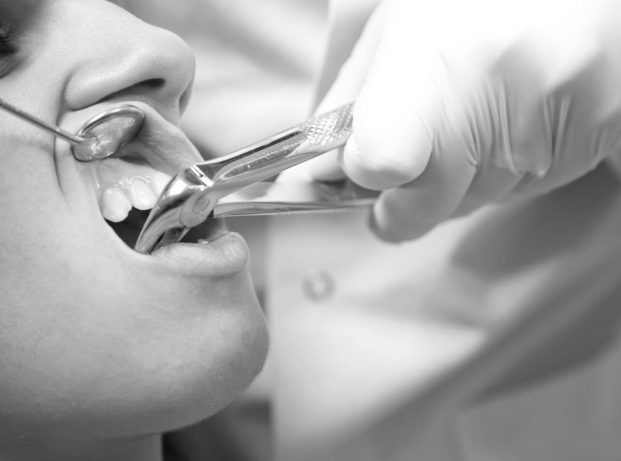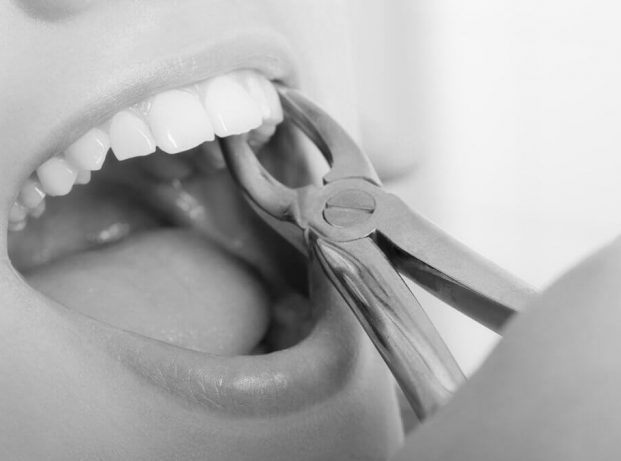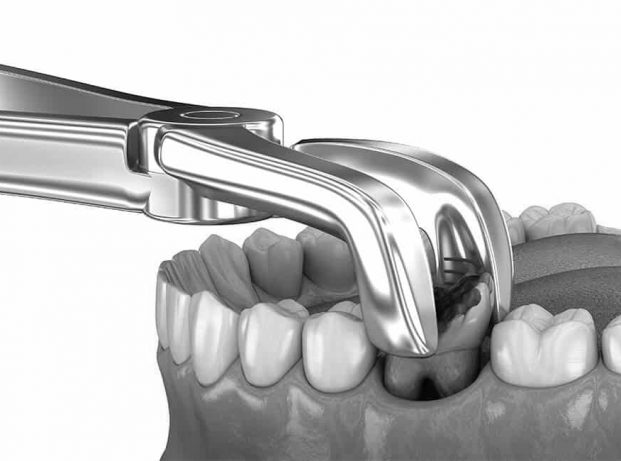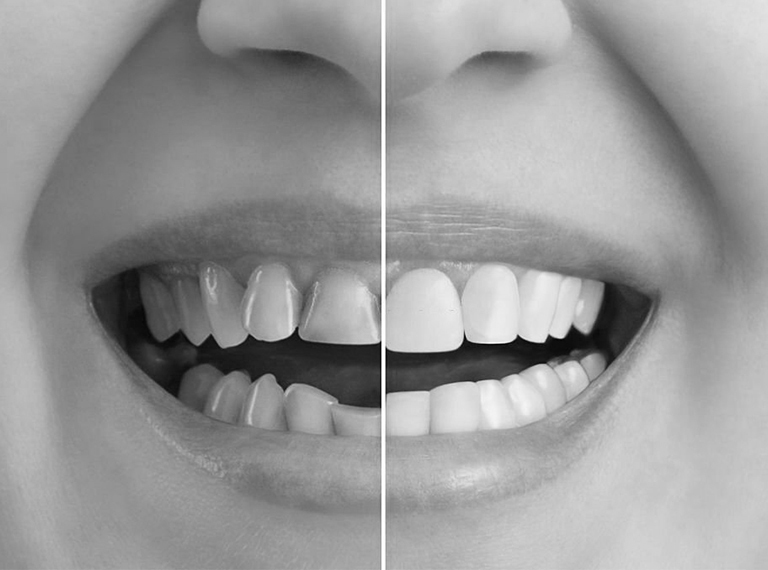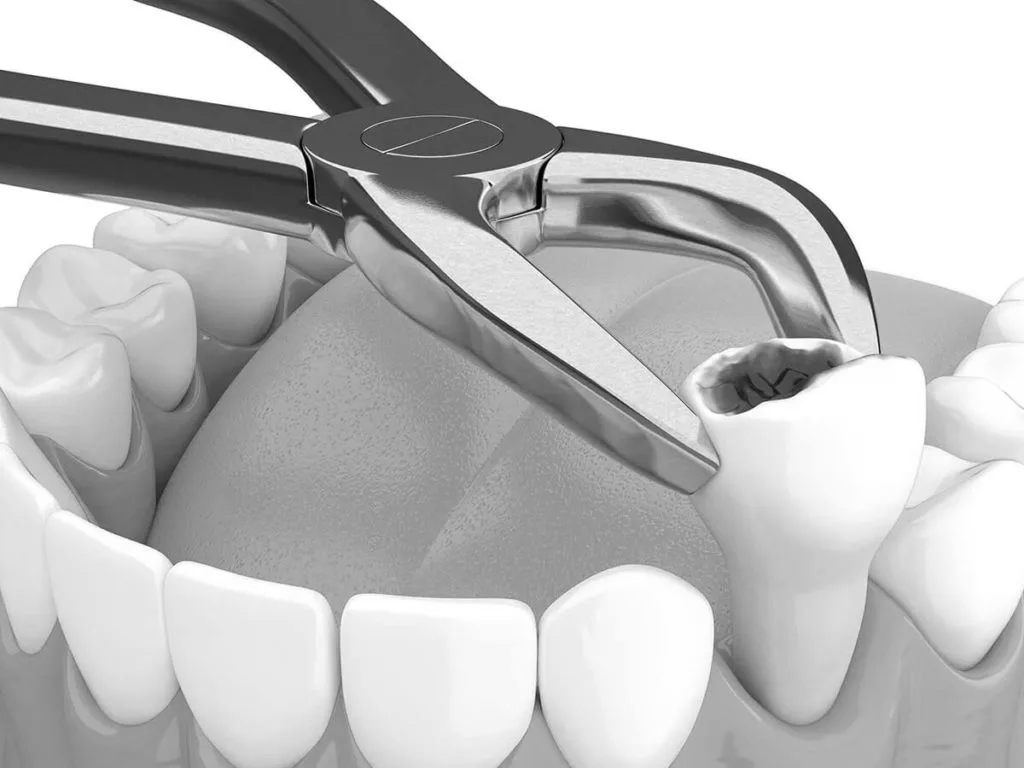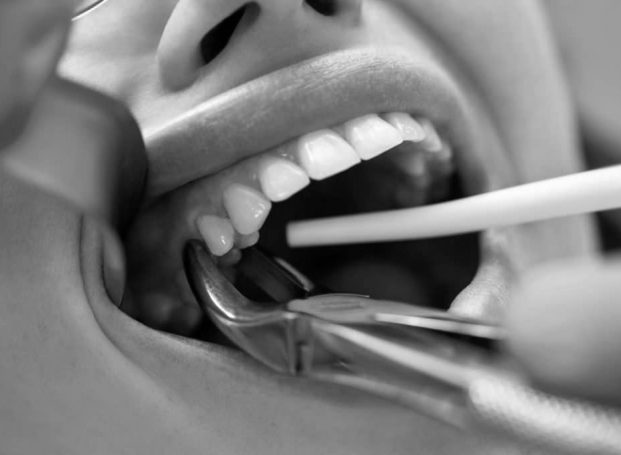Extractions
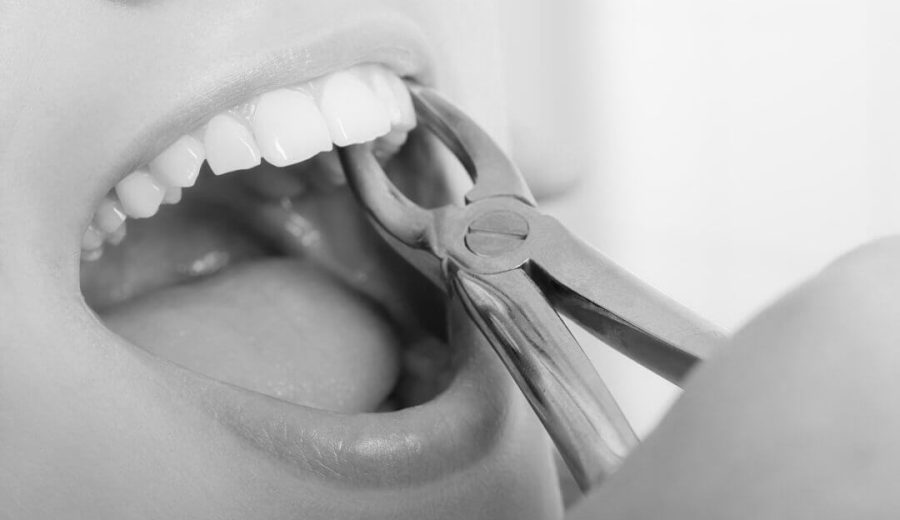
Extractions
Dental extractions, also known as tooth removal, is a procedure in which a tooth is removed from the socket in the jawbone. Extractions are typically performed by a dentist or oral surgeon and can be performed for a variety of reasons, including injury, infection, overcrowding, or for orthodontic reasons.
The most common type of extraction is a simple extraction, which is performed on a tooth that is visible in the mouth, typically with the use of forceps. A simple extraction can typically be performed under local anesthesia, which numbs the area around the tooth.
A surgical extraction is a more complex procedure and is performed on a tooth that is not visible in the mouth, such as a tooth that has not erupted or a tooth that has broken off at the gum line. Surgical extractions typically require the use of a scalpel and sometimes requires removal of surrounding bone structure. It may be performed under local anesthesia, oral or IV sedation, or general anesthesia.
After the extraction, the dentist or oral surgeon will place gauze over the empty socket to control any bleeding. It’s important to bite down on the gauze for 30-45 minutes to help form a clot in the socket, which will aid in the healing process.
After the procedure, the patient may experience pain and swelling, which can be managed with over-the-counter or prescription pain medication and by applying a cold/heat compresses (as instructed by the dentist) to the affected area. It’s also important to avoid smoking and drinking from straws for 72 hours after the extraction as the sucking motion can dislodge the blood clot from the socket and create a dry socket (PAINFUL!)
It’s also important to follow the post-operative instructions provided by the dental provider such as taking antibiotics, eating soft food, avoiding hard food and alcohol for a few days after the extraction, and rinsing with salt water.
In conclusion, dental extractions are a common procedure that is performed for a variety of reasons. The procedure can be performed under local anesthesia, oral or IV sedation, or general anesthesia, depending on the complexity of the extraction. It’s important to follow post-operative instructions provided by the dental provider to ensure proper healing and to avoid complications.
Quick Contacts
Please feel free to contact our friendly staff with any medical enquiry.
- Phone: 330.659.2395
- Location: 3807 Brecksville Rd Ste #5 Richfield, OH 44286
- Monday : 8:00AM – 5:00PM
- Tuesday : 9:00AM -6:00 PM
- Wednesday : 8:00AM-5:00PM
- Thursday: 7:00AM-4:00PM
- Email Address : Hello@ElegantDentistry.com


